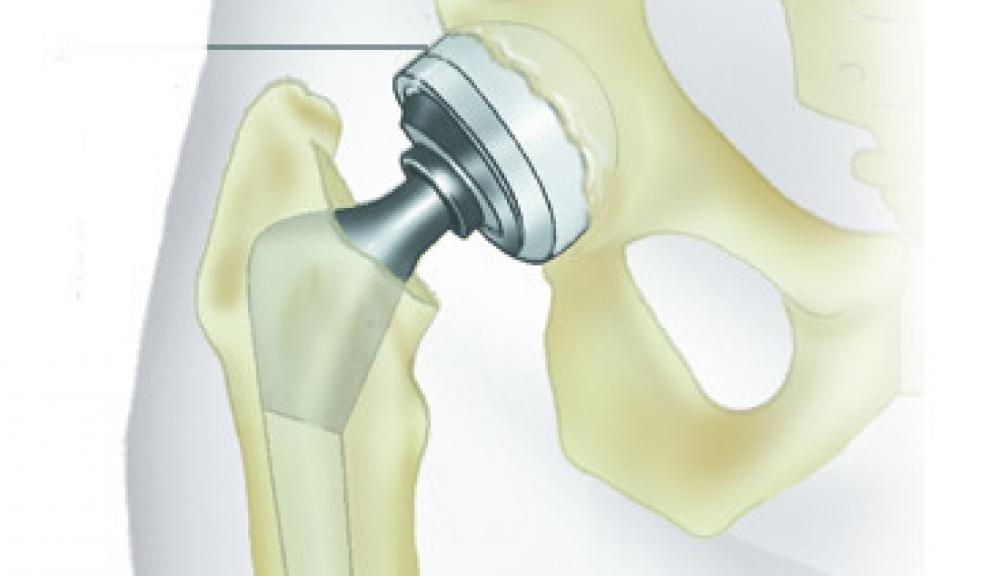
Plymouth leads the way for hip replacements
Plymouth Hospitals NHS Trust is a top performer in England for price and quality of hip replacements – according to national figures.
The statistics were published following a national review of adult elective orthopaedic services in England earlier this year as part of the ‘Getting it Right the First Time’ programme led by Professor Tim Briggs. This is part of the Carter Review programme which has been published today and Plymouth Hospitals NHS Trust is an active member of both the Briggs Procurement Task Force and also the Carter Review.
The aim is to make the way the NHS procures goods as efficient as possible.
Chief Procurement Officer Andy McMinn said: “We are one of 32 hospitals contributing data and intelligence to the Carter Review. Benchmarking this data then allows trusts to compare how they perform, both clinically and financially, against other trusts. This can then guide each trust where to focus its improvement efforts.”
In terms of hip replacements, for example, Plymouth Hospitals uses the Stryker Exeter implant - a cemented, total hip replacement – which is the best clinically performing hip according to the National Joint Registry. In addition to that the Trust pays a lower amount for the joints than other Hospitals mentioned in the report.
Andy added: “It shows that we are one of the most efficient in the country. In three out of seven of the knee and hip constructs that the review has named, we are more cost effective.
This is largely because our Procurement is clinically led by surgeons and nurses, and commercially enabled by our expert Procurement team. We also have worked hard to build good relationships with our suppliers. So we are using top-of-the-range implants but paying the most competitive prices for them.
“In other words we are getting the best value for money on the best performing joints.We are continuing to work closely with the Carter review team to understand new emerging insights and establish whether further efficiencies can be achieved by our trust.”













